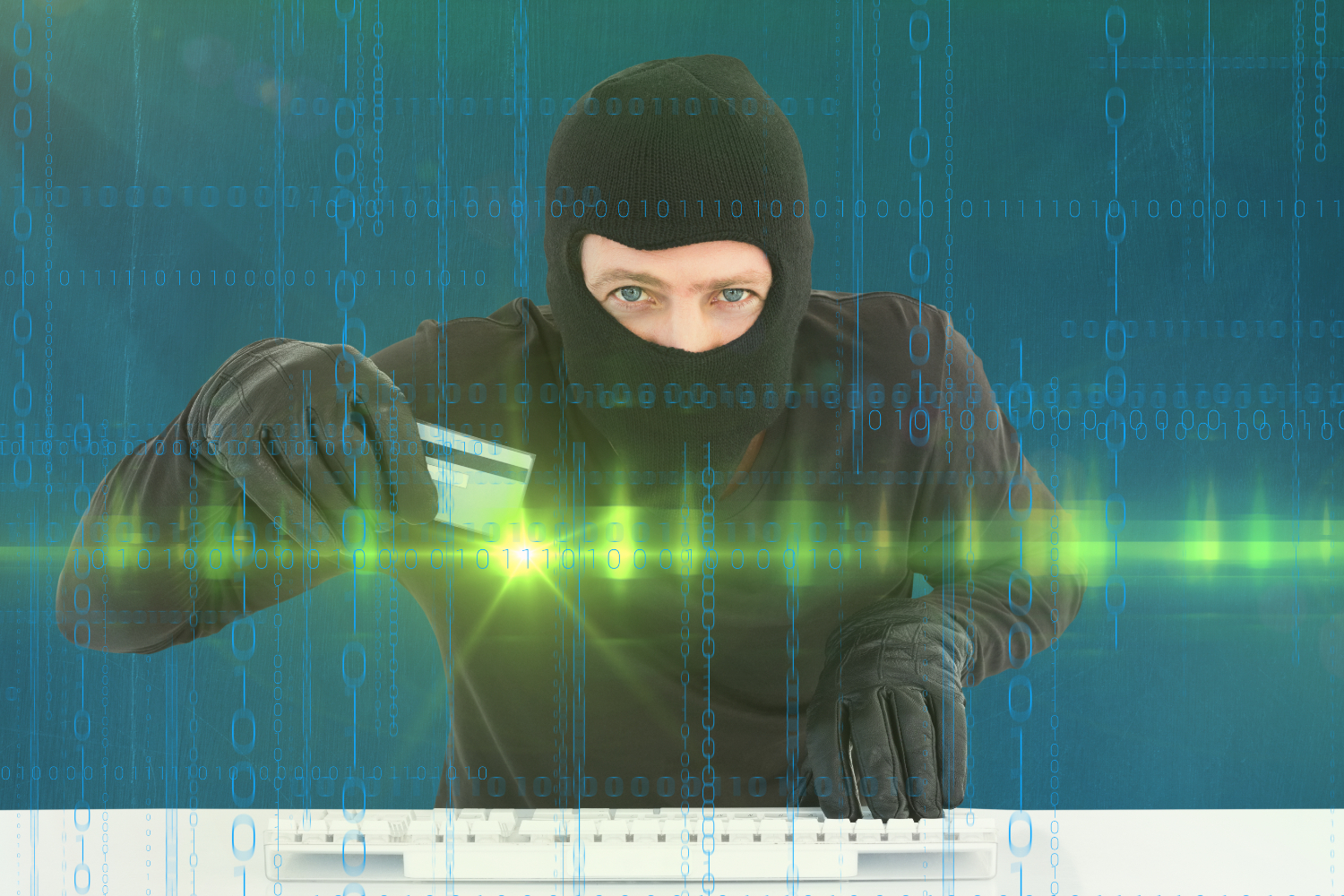Blockchain Security Review: August 2024
August 2024 marked another critical month for blockchain security, with over $313.86M in reported losses due to a series of sophisticated hacks and exploits. The growing complexity and scale of these attacks highlight the urgent need for innovative security solutions, as decentralized finance (DeFi), NFTs, and cross-chain platforms remain prime targets.
Key Highlights for August 2024
In August alone, the blockchain industry saw substantial financial damage, primarily driven by major phishing campaigns and protocol-specific exploits. Despite ongoing advancements in security technology, the ecosystem continues to face increasing risks from cybercriminals.
Total Losses:
August recorded $313.86M in total losses due to blockchain-related hacks and exploits, a significant increase compared to previous months. While this isn’t the highest recorded figure of the year (with May hitting a staggering $574.6M), it showcases that security risks are still rampant across blockchain platforms.
Top 5 Exploits:
- Phishing Attack #1: The largest exploit of the month saw hackers steal a jaw-dropping $238M through a carefully orchestrated phishing campaign. Attackers mimicked legitimate DeFi platform communications to trick users into handing over their credentials, allowing for widespread asset theft.
- Phishing Attack #2: A second phishing incident accounted for another $55.4M in losses. Similar in nature to the first attack, this scam targeted unsuspecting users by posing as a trusted source, exploiting the often-overlooked human element of cybersecurity.
- Ronin Bridge Exploit: The Ronin network was once again the target of a breach, resulting in $12M in stolen assets. The attack underscored the vulnerability of cross-chain bridges, which are becoming increasingly essential for decentralized ecosystems but remain highly susceptible to hacking.
- Unauthorized Transfer Exploit: A flaw in transaction validation led to $5.1M in unauthorized transfers. This exploit capitalized on weak smart contract auditing and poor security measures, emphasizing the need for continuous monitoring of high-value protocols.
- Nexera Protocol Breach: The Nexera platform suffered a breach that resulted in $1.83M in stolen assets. While not as significant in monetary terms, the Nexera exploit highlights the ongoing risks facing newer, less established protocols.
Month-by-Month Loss Overview
August’s total losses contribute to an alarming trend of increasing attacks on blockchain systems. The year so far has seen consistent high-value breaches, with May 2024 taking the lead at $574.6M, followed by February at $360.83M, and August’s $313.86M losses continuing the pattern.
Key Lessons from August 2024
- AI-Based Security Monitoring: Real-time monitoring through AI-powered tools is proving to be an effective way to detect fraudulent activities and minimize damage. The need for automated anomaly detection in smart contracts and transactions is becoming increasingly apparent.
- Smart Contract Audits: As many of the August hacks targeted vulnerabilities in smart contracts, continuous audits have become a necessity rather than a luxury. Regular reviews can prevent unauthorized access and mitigate risks.
- User Education: With phishing scams dominating the leaderboard, educating users on identifying and avoiding malicious attempts is paramount. Simple security habits, such as double-checking URLs and avoiding unsolicited messages, can make a significant difference in reducing losses.
What Lies Ahead
Blockchain security must remain at the forefront of the industry’s priorities. As we approach the final quarter of 2024, the lessons learned from these breaches can drive improvements in both technology and user behavior. AI-based detection tools, increased transparency, and robust audits will play pivotal roles in ensuring that the blockchain community can effectively respond to the growing threats it faces.
Stay ahead of the curve by following our security updates, and don’t forget to implement the latest security practices to protect your assets in the rapidly evolving decentralized world.




